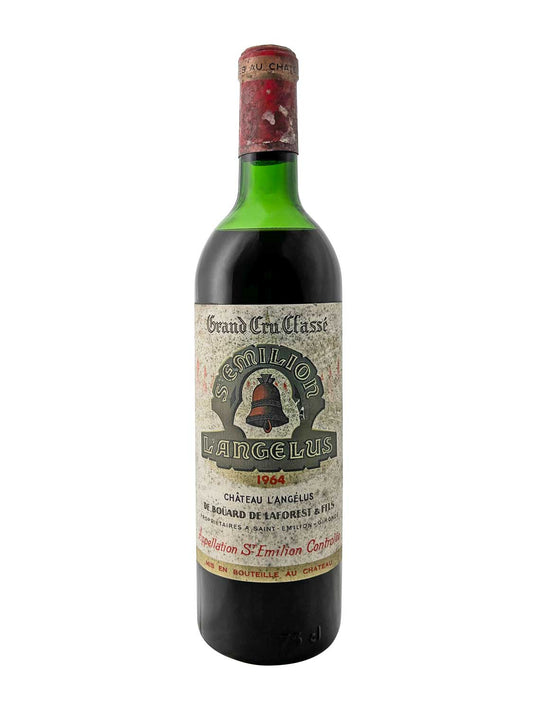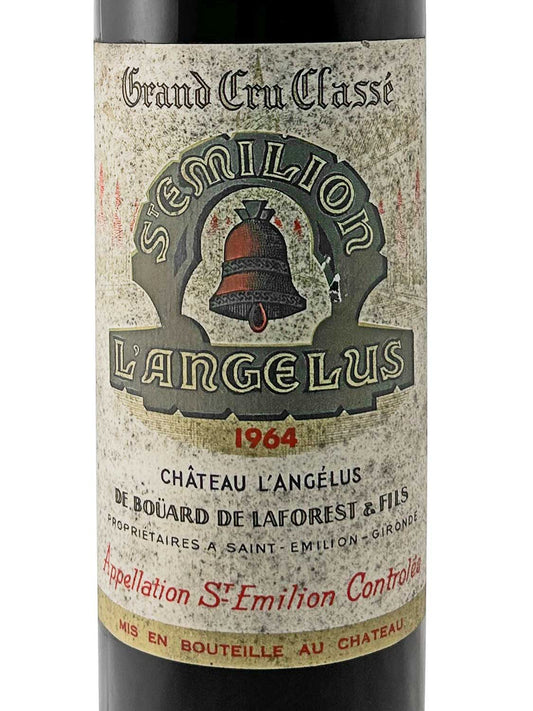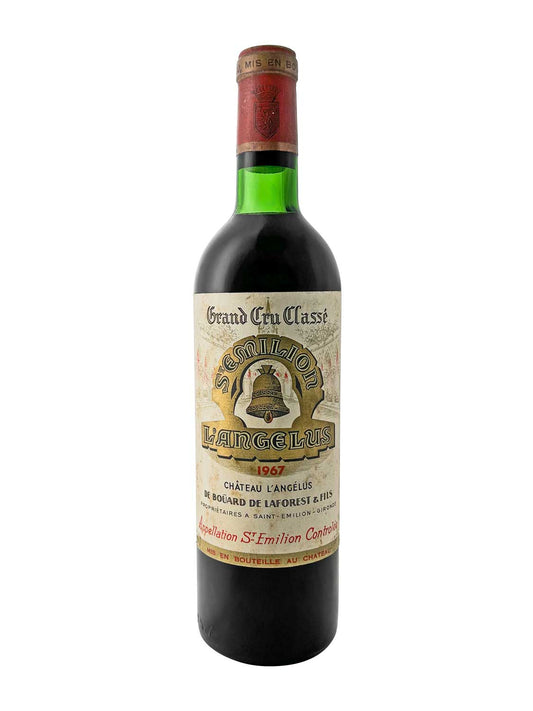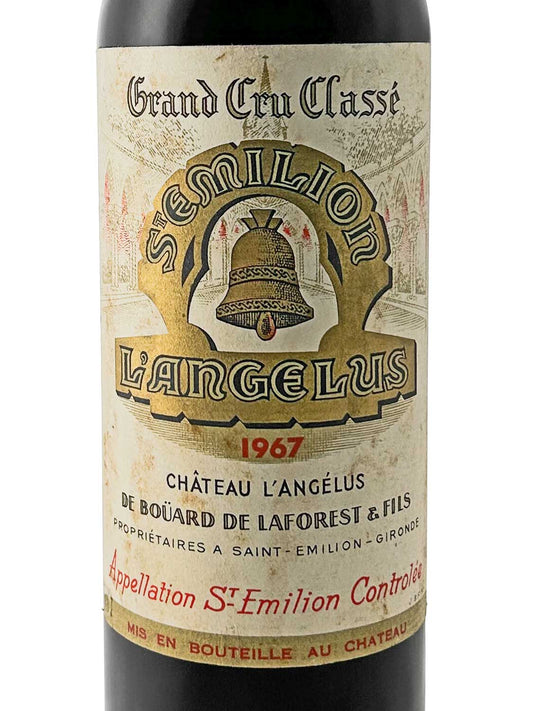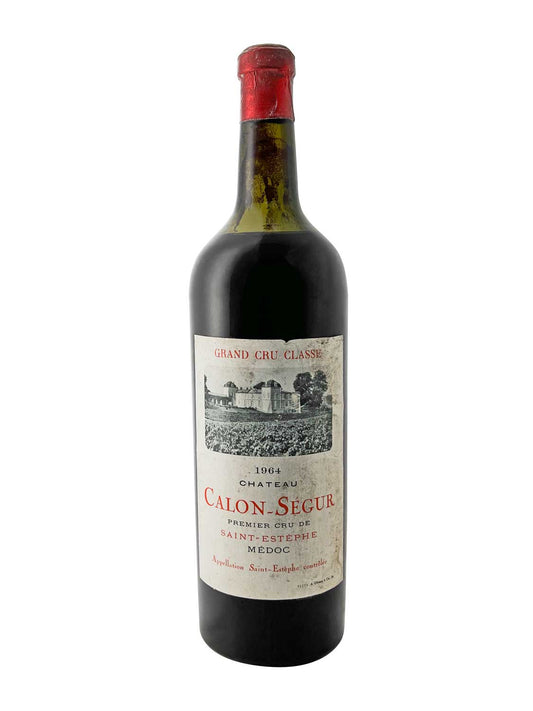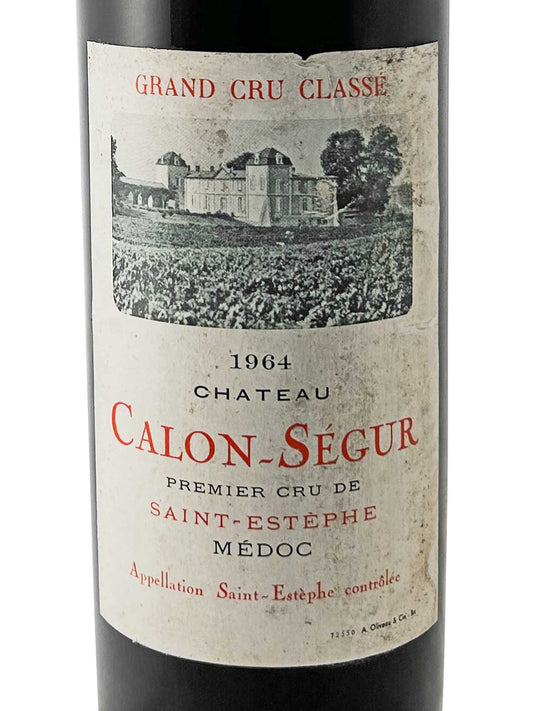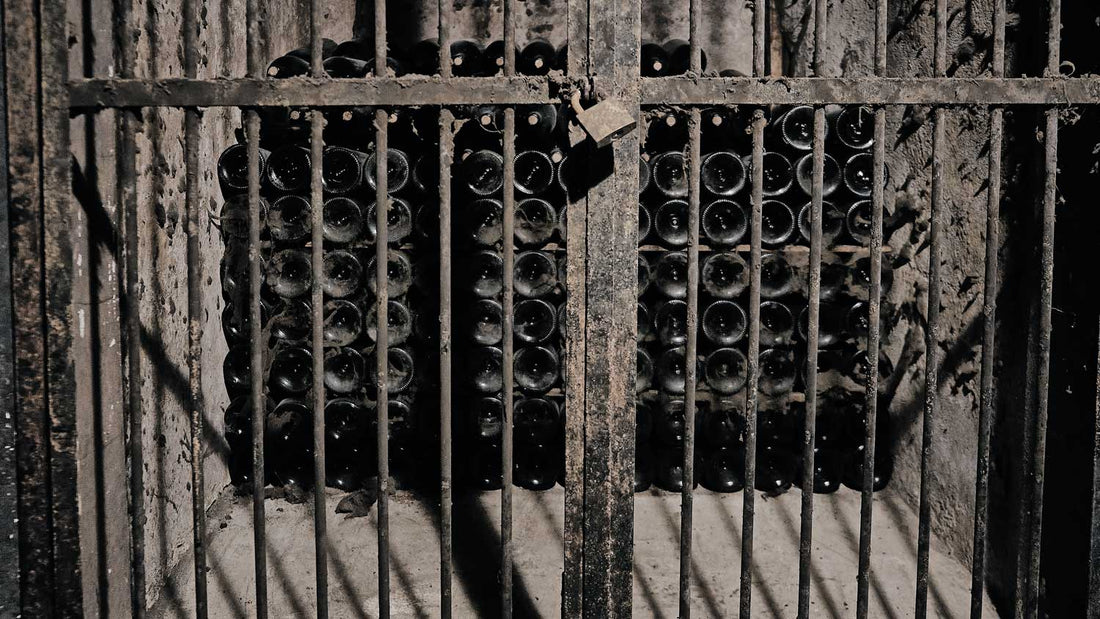
The aging potential of wine
Factors & tips for collectors of old wine
Wine is a fascinating collectible that evolves and changes over time. Many wines have remarkable aging potential, allowing them to mature for years or even decades. In this blog post, we will explore the concept of aging, the factors that influence aging potential, and tips for storing aged wine.
Read also: Wine of the Century – Masterpiece of Wine Production
What does aging mean for wine?
Aging refers to the process by which wine changes its aromas, textures, and flavor profiles over time. During this time, the chemical compounds in the wine can alter, resulting in a more complex and often harmonious taste experience. Some wines are known to improve with age, while others are best enjoyed young.
By the way: Wine from Château Latour can spend decades in the wine cellar and is even considered a valuable investment!
5 factors that influence the aging potential of wine
The aging potential of a wine depends on several factors:
1. Grape variety
Some grape varieties are better suited to aging than others. For example, Cabernet Sauvignon and Merlot tend to have greater aging potential due to their tannins and acidity levels. In contrast, many white wines like Sauvignon Blanc or Pinot Gris are generally intended for immediate consumption.
By the way: Many wines from Saint-Émilion or Pauillac are made from grape varieties that have a long storage capacity.
2. Tannins
Tannins are natural compounds found in grape skins, seeds, and stems, as well as in oak barrels. They contribute to the structure of wine and act as preservatives. A high tannin content can help a wine age longer and gain complexity over time.
3. Acidity
Acidity is another crucial factor in a wine's aging potential. Higher acidity helps keep the wine fresh and prevents oxidation. Wines with balanced acidity can age and develop their flavors for years.
4. Alcohol content
Alcohol content can also influence a wine's aging potential. Higher alcohol levels can cause a wine to age more quickly, while lower levels can allow for longer aging.
Also read: Does the alcohol content of wine increase over time?
5. Storage conditions

The way wine is stored plays a crucial role in its aging potential. Ideal conditions include a constant temperature (between 10 and 15 °C), high humidity (to protect corks from drying out), and darkness (to prevent UV light damage).
The different phases of wine aging
The aging of a wine takes place in several phases:
1. Youth phase
During this phase, the wine displays fresh fruit aromas and vibrant tannins. This is often the best time to enjoy young red wines or fresh white wines.
2. Maturation phase
After a few years, the wine begins its maturation phase. The tannins soften, the aromas develop further, and complex notes emerge. This phase can last from several years to decades, depending on the type of wine.
3. Overripe phase
Eventually, the wine reaches the over-aging stage, where it begins to oxidize and lose its best qualities. This can vary depending on the type of wine; some wines can age for up to 30 years or more.
Tips for storing wine

To maximize your wine's aging potential, follow some basic storage guidelines:
Temperature control: Keep your wines at a constant temperature between 10 - 15 °C.
Also read: How long can you store white wine?
Humidity: A humidity of about 75 - 85% is ideal to protect corks from drying out.
Darkness: Store your wine in a dark place or use light-tight shelves.
Storage position: Store bottles horizontally to keep the cork moist.
Avoid vibration: Make sure your storage location is free from vibrations, as these can disrupt the ripening process.
Conclusion
Understanding the aging potential of wine is crucial for any wine collector or novice. By considering the various factors—from grape variety to tannins to proper storage—you can ensure your wine will enhance your collection for years to come.
Whether you're purchasing a Rothschild wine or another premium wine , each bottle tells its own story through the aging process. Use this knowledge when purchasing your next bottle of wine.


